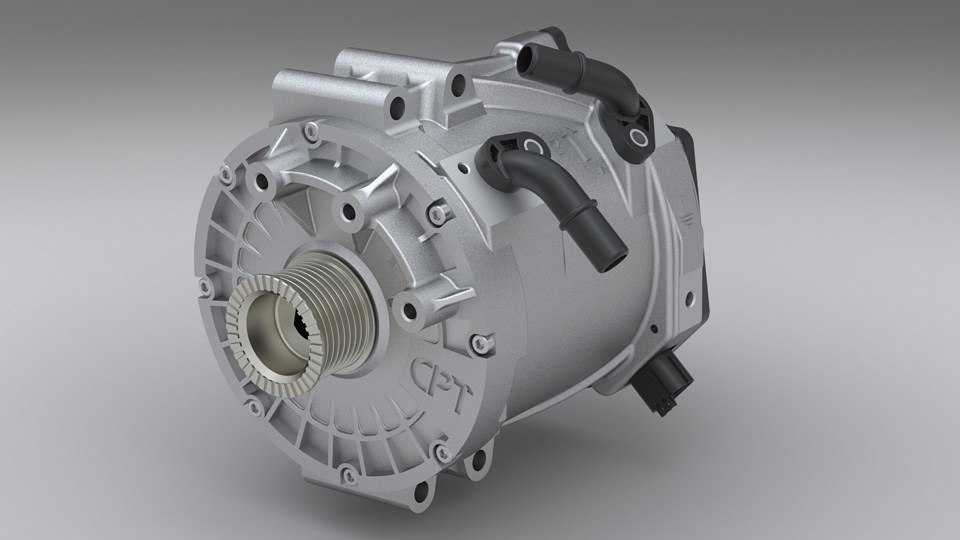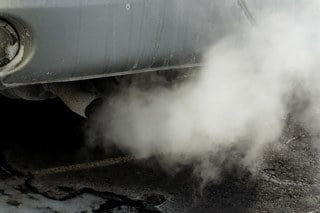Controlled Power Technologies (CPT) and Austria’s Technische Universität Wien (TU Wien) has demonstrated the potential of fast-acting starter-generators for reducing the residual NOx emissions of the latest Euro 6 diesel engines.
The study verified a 9% reduction of NOx in raw engine-out emissions, while retaining the fuel economy and CO2 benefits of diesel engine technology.
CPT’s SpeedStart technology harvests kinetic energy when the vehicle decelerates, which is then reapplied as torque by the switched reluctance machine during accelerations to offset fuel burn in the combustion engine.
The cost effectiveness of this approach is further underscored by its impact on lean NOx trap (LNT) and selective catalytic reduction (SCR) after-treatment systems, which have less raw NOx emissions to process, potentially allowing for a reduction in exhaust system cost and complexity, and a longer service life.
“The result of our research programme, incorporating e-motor characterisation, simulation and engine emission dynamometer testing was a clear benefit in terms of raw NOx reduction of a premium saloon with a three litre V6 engine,” said Paul Bloore CPT’s manager responsible for applications engineering and strategic projects.
Along with a decrease in NOx emissions a near 5% fuel economy improvement and corresponding CO2 reduction was generated.
Belt-integrated starter-generator systems have already been successfully applied by the industry to reduce CO2 emissions by the simple expedient of stop-start. In principle, the same low voltage technology can be used to modify the load on the engine and optimise its performance for minimal NOx and particulate emissions.
The challenge is having a fast-enough response time for real world driving conditions. CPT’s switched reluctance technology is by its very nature fast acting as well as being highly controllable, and well suited to optimising diesel and petrol engines for minimal NOx and particulate emissions.

















Login to comment
Comments
No comments have been made yet.